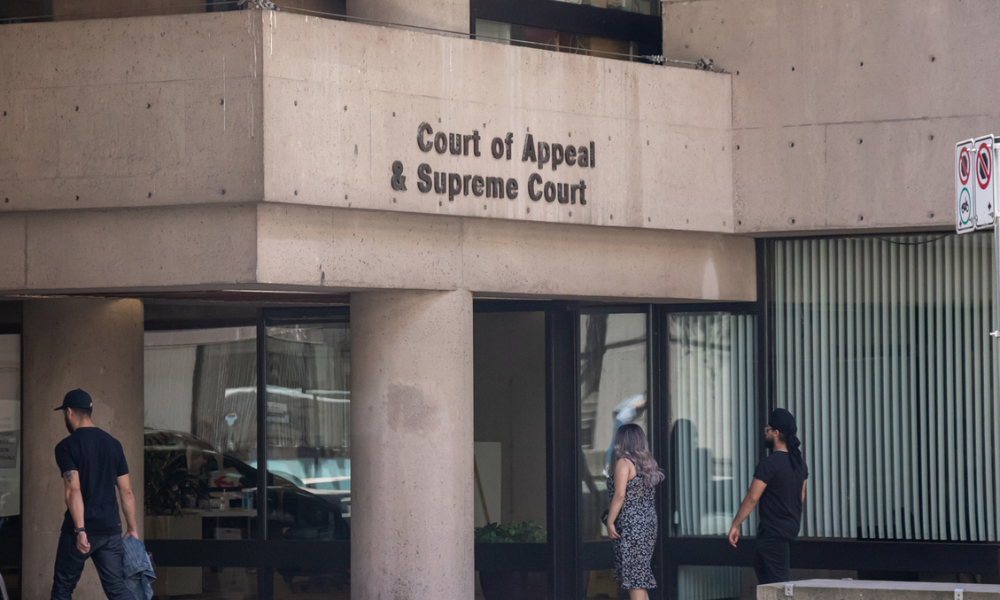Companies often excluded the province from Canada-wide contests, says Gowling WLG's Melissa Tehrani

Quebec has repealed its rules governing promotional contests, a regulatory system that was unique in Canada.
On Oct. 27, the province enacted legislation abolishing the rules respecting promotional contests – also known as publicity contests – in its Act respecting lotteries, publicity contests, and amusement machines. Before the amendments, the rules required sponsors of publicity contests to file their contests with the province’s Régie des alcools, des courses et des jeux (Liquor, Racing, and Gaming Authority), which enforced the Act.
“This is quite huge,” says Melissa Tehrani, a partner at Gowling WLG in Montréal and the leader of the firm's national advertising and regulatory group. “This news has been met with great enthusiasm by our local clients and especially our international clients and their internal marketing teams.”
“Historically, what we would see is there were contest sponsors or companies that would shy away from running contests in Quebec because they didn't want to have to contend with the administrative formalities that are very unique to Quebec. There's no other province in Canada that requires you to file your contest with a provincial regulatory body. These were really unique contest compliance rules to Quebec.”
Historically, the Régie had jurisdiction over any publicity contest launched “to the public” in Quebec, and “publicity contest” and “to the public” were broadly defined, so most contests would fall under its purview, says Tehrani.
Any contest open to Quebec residents with a total prize value exceeding $100 had to be registered with a publicity contest notice requiring submission of the rules and contest-related documentation such as advertising assets. The sponsor was required to pay a duty based on the total value of the prizes offered in the contest. A contest open to Quebec only would involve a duty of 10 percent. One which included other Canadian jurisdictions would attract a three-percent duty. And an international contest carried a duty of 0.5 percent.
Sponsors were also required to post a security bond with the Régie if the value of a single prize exceeded $5,000 or the total prize pool exceeded $20,000. The security bond ensured that the prizes would be awarded as indicated, says Tehrani.
Once there was a result, the rules required the contest sponsor to submit a winners list within 60 days of their selection.
Tehrani says there were additional, more prescriptive requirements concerning the content of the contest rules. Due to these administrative tasks, many contest sponsors would simply exclude Quebec from Canada-wide contests, she says.
There was also a deadline to file contests, which was 30 days before launch, which was often difficult for sponsors to meet because they would not always know that they would run a contest 30 days ahead of time, says Tehrani.
In 2021, Quebec amended its contest laws to exempt international contests from the Régie’s regulatory requirements. International contests were no longer required to file the contest with the Régie or pay the duty and the security bond.
“As of October 27, you no longer need to complete the notice of holding a publicity contest,” says Tehrani. “You no longer have to pay a duty. You no longer have to file your contest rules, your ad materials, or a winner's report within 60 days of having awarded the prizes. None of those requirements apply anymore.”
“This is going to have a significant impact on companies that may have historically shied away from including Quebec residents in their contests to reconsider opening the door to Quebec’s participation.”










